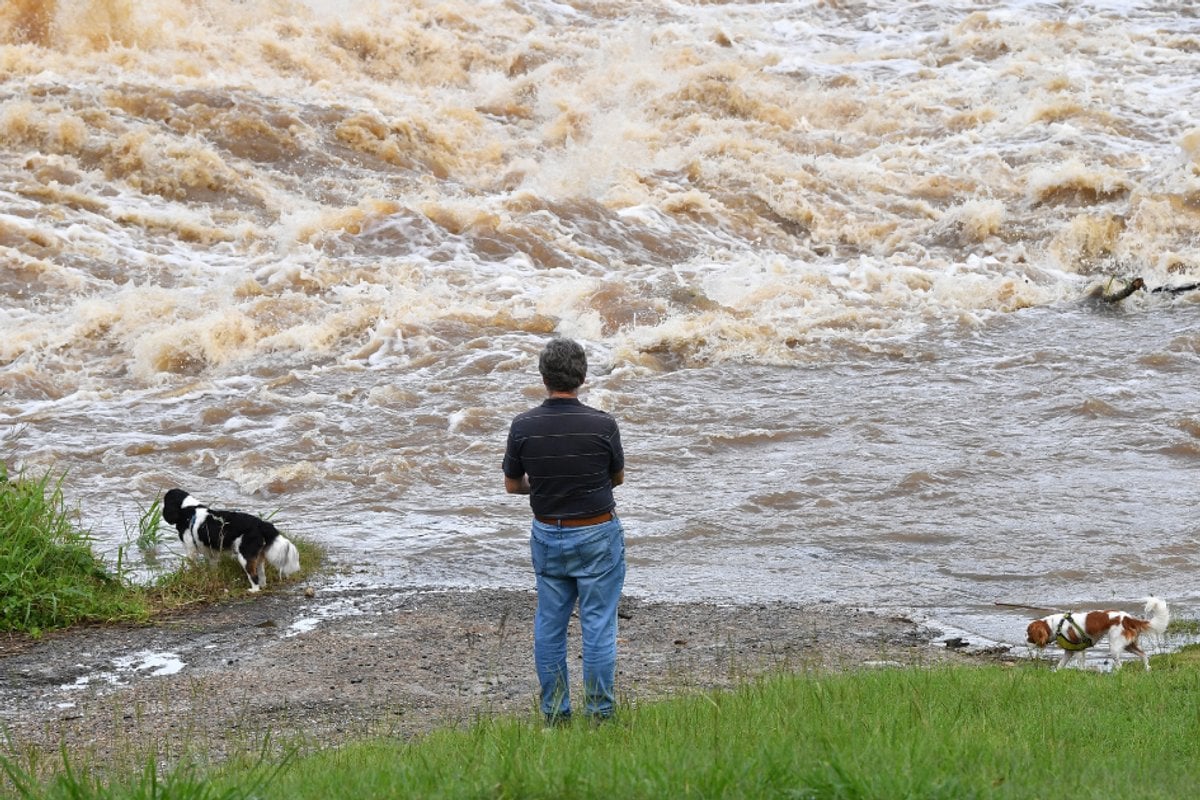
Nicole George, The University of Queensland
Lismore and Brisbane’s catastrophic flood emergency has come only a short time after the last flooding disaster.
We know from previous floods that as soon as the water recedes, flood-affected areas will be inundated with well-meaning volunteers wanting to help with the clean-up.
But although this volunteer effort is welcome in some ways, it can also be challenging for flood impacted people to manage and absorb.
Listen to The Quicky, Mamamia's daily news podcast. Post continues below.
As someone who lost pretty much everything in the 2011 Brisbane floods and who then led an ethnographic study on community responses to the floods in my suburb in the following year, I have some insights for those eager to help in the days to come.
1. Instead of 'what can I do?' ask 'can I do such-and-such?'
Having a stream of unknown people walking through your property all asking what they can do to help can feel thoroughly overwhelming.
When those questions were asked of me by strangers in 2011, I was still in shock, and often struggled to say anything meaningful at all.
Rather than, "What can I do?", it was much easier if people said things like, "Can I do such-and-such for you?"
So, trying not to put the burden of coordination on those you want to help is critically important.
